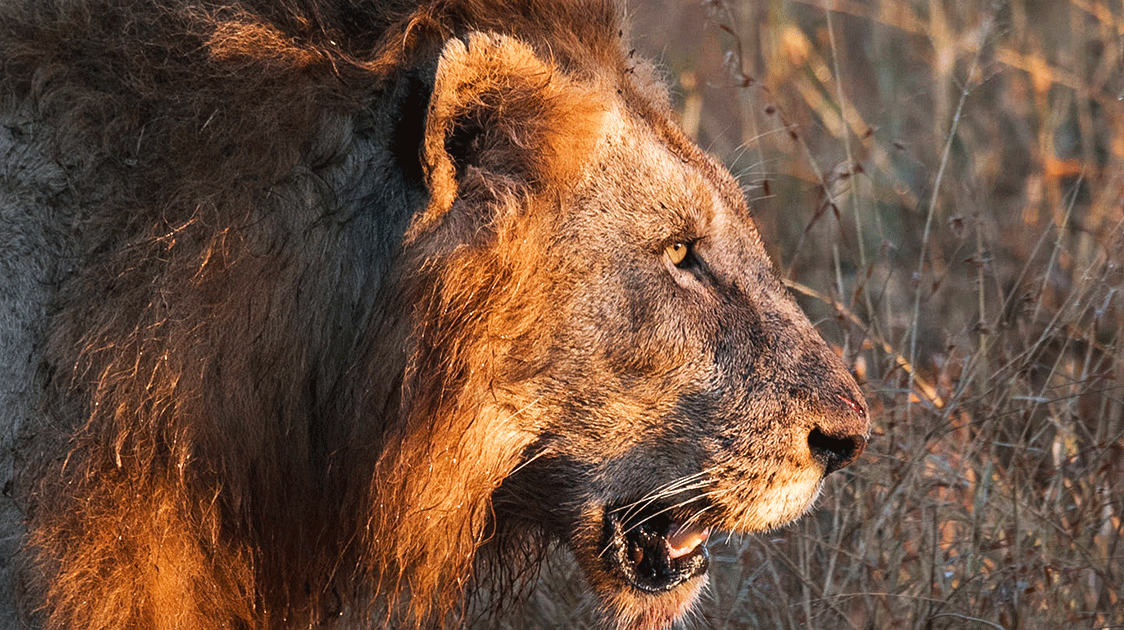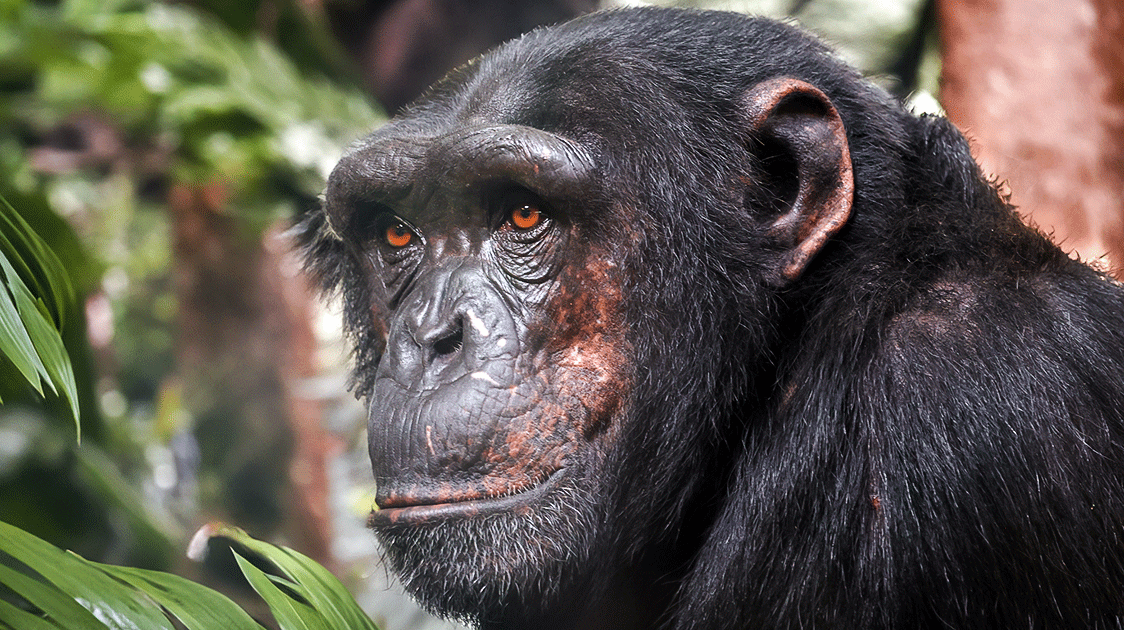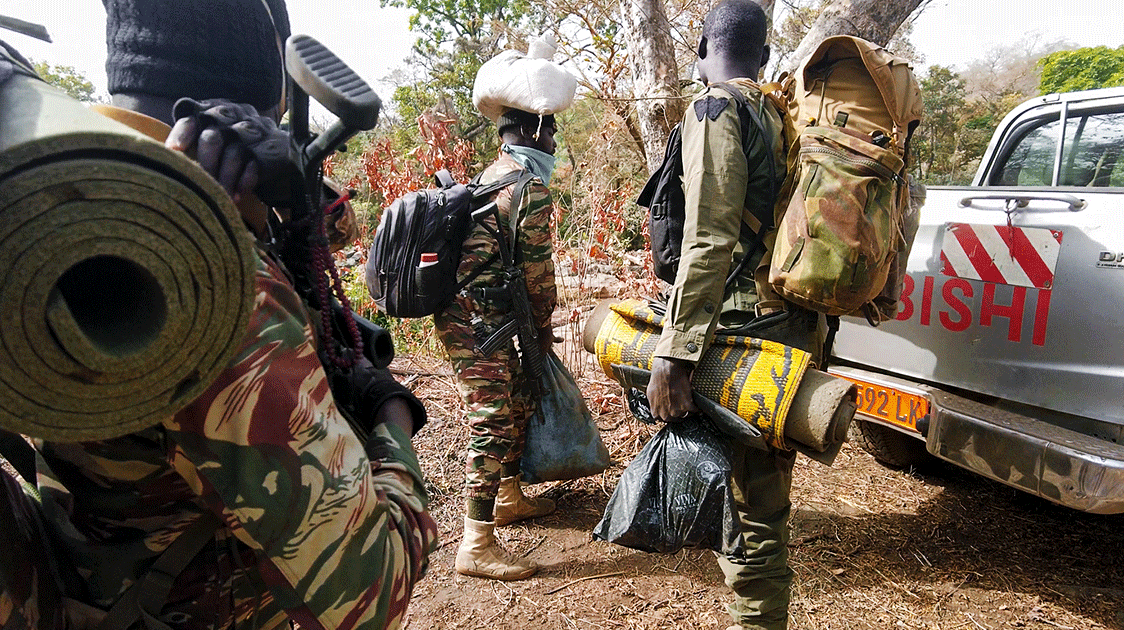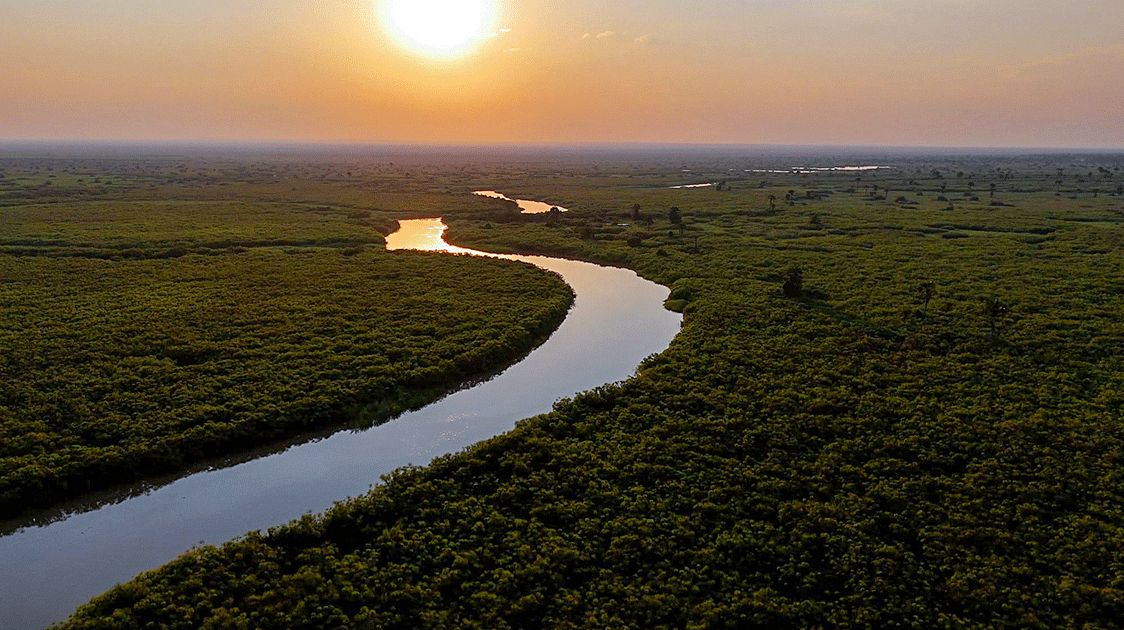The Operators and Professional Hunting Associations of Africa (OPHAA)
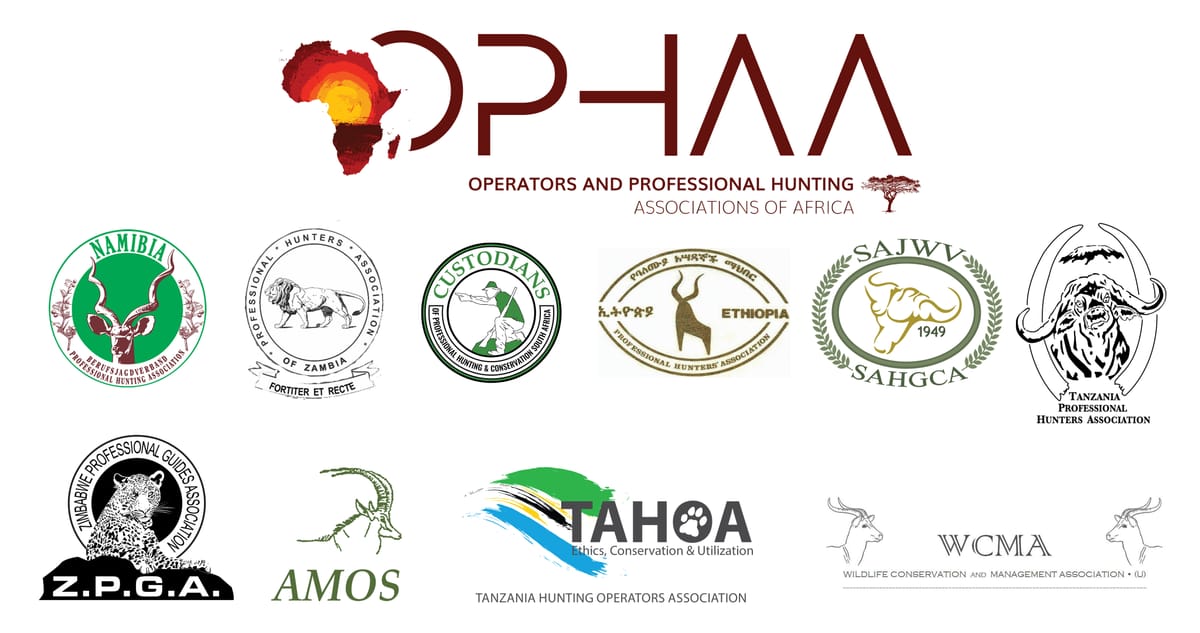
The Operators and Professional Hunting Associations of Africa (OPHAA) is a non-profit umbrella organization founded on associate rather than individual membership, a fundamental difference from the International Professional Hunters Association and the African Professional Hunters Association.
Participating & Prospective Countries
- Nine participating countries: Botswana, Ethiopia, Mozambique, Namibia, South Africa, Tanzania, Uganda, Zambia, Zimbabwe.
- Encouraged to join (form associations first): Benin, Burkina Faso, Cameroon, Central African Republic, Congo Brazzaville, Gabon.
Mission, Ethics & Sustainable Use
OPHAA represents bona fide African hunting associations whose members follow a strict code of conduct and principles centred on legal, ethical, fair-chase, sustainable-use conservation hunting. It encourages investment in best conservation practices, community development, and anti-poaching.
How OPHAA Works (Communication, Unity, Cooperation)
The organization strives to achieve its objectives through communication, unity, and cooperation between member associations. This interconnectivity enables the reciprocal sharing of problems and solutions across government, NGOs, anti-poaching, rural community development, marketing, and responses to external threats from worldwide animal-rights movements. While OPHAA recognises the sovereign rights of each member country’s rules and regulations, it promotes the highest codes of conduct and ethics without compromise.
Sustainable, Ethical Hunting & Local Benefit
As a transnational and proudly African organization, OPHAA supports fair, transparent, and legitimate income streams derived from sustainable and ethical hunting. In turn, this can contribute to the conservation of both habitat and the upliftment of local communities.
AGM at the African Wildlife Consultative Forum (AWCF)
OPHAA holds its AGM during the Safari Club International Foundation’s (SCIF) annual African Wildlife Consultative Forum (AWCF), hosted each year in a different African country. AWCF has been SCIF’s signature program since 2001, serving as an annual capacity-building venue to align on conservation challenges and a continent-wide wildlife management strategy.
Keywords: AWCF, Safari Club International Foundation, capacity building, wildlife management.
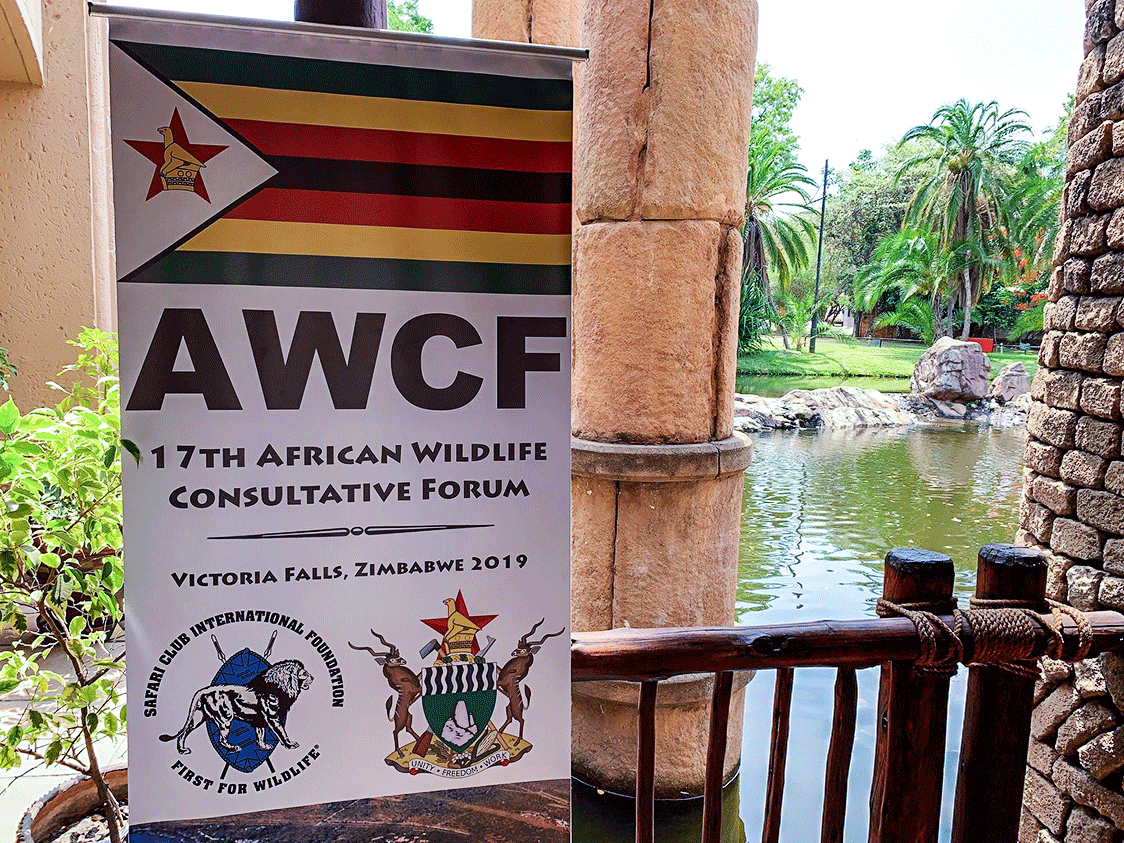
The AWCF in Brief
The AWCF convenes senior government officials, professional hunting association leaders, the US Fish and Wildlife Service, international policy experts, and wildlife biologists to address Africa’s most pressing sustainable-use issues. It remains SCIF’s flagship activity in Africa and a key event for the safari hunting community.
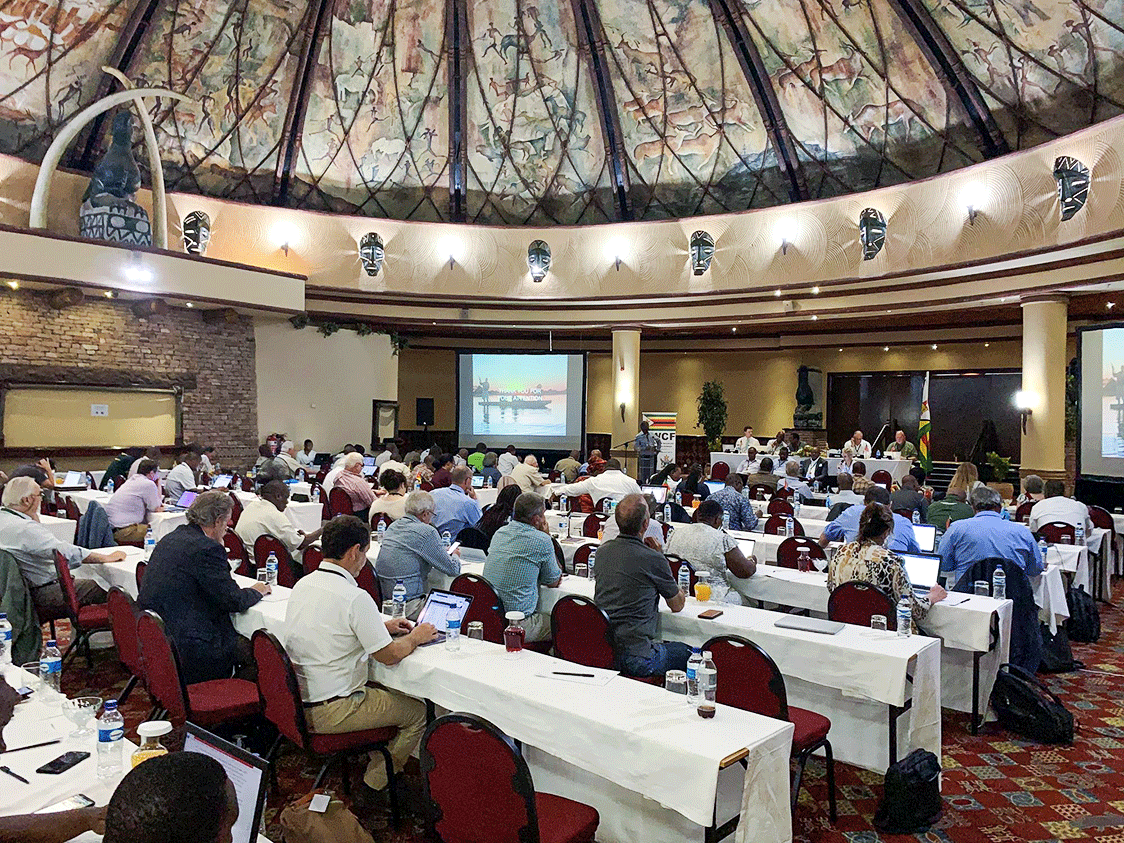
OPHAA’s Strategic Plan (Five Key Points)
- Engage Western governments on wildlife policy and trade, and counter damaging legislation.
- Form alliances with like-minded conservation groups, national institutions, and NGOs.
- Promote wildlife utilization as a first-choice land use in marginal agricultural areas, delivering rural economic development.
- Dispel untruths from anti-sustainable-use movements and expose the realities of human–wildlife conflict across the continent.
- Endorse the “New Deal for Rural Africans” policy paper through a revitalized wildlife economy.
Keywords: wildlife policy, trade, alliances, rural development, human–wildlife conflict, New Deal for Rural Africans.
Contact
For further information about OPHAA, please contact Danene van der Westhuyzen at ceo@ophaa.org.
FAQs
Q1: What makes OPHAA different from other hunting associations?
OPHAA is built on associate membership (national associations), not individual membership—unlike the International Professional Hunters Association and the African Professional Hunters Association.
Q2: Which countries are part of OPHAA?
Botswana, Ethiopia, Mozambique, Namibia, South Africa, Tanzania, Uganda, Zambia, Zimbabwe. Benin, Burkina Faso, Cameroon, Central African Republic, Congo Brazzaville, Gabon are encouraged to form associations and join.
Q3: What are OPHAA’s core objectives?
Promote ethical, fair-chase sustainable-use hunting, strengthen anti-poaching and community development, and coordinate policy engagement via forums like AWCF.

